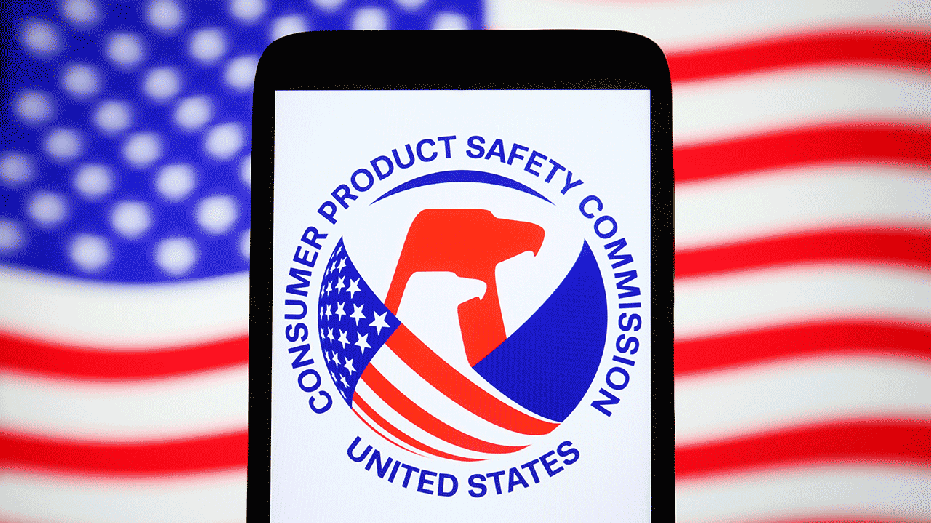More than 30,000 wireless power banks sold across the U.S. and Canada have been recalled over reports of batteries catching on fire and exploding, causing thousands of dollars in property damage.
The recall of ESR HaloLock power banks impacts products with model numbers 2G520, 2G505B and 2G512B, according to the U.S. Consumer Product Safety Commission (CPSC). The items have five circular LED display lights on one side and were sold in dark blue, light blue, gray, white and black.
The products were available for purchase on Amazon, Home Depot and ESR Tech websites between September 2023 and July 2025. At least 24,000 were sold in the U.S. and nearly 10,000 were sold in Canada.
OVER 1.1M POWER BANKS RECALLED AFTER REPORTS OF FIRES, EXPLOSIONS
ESR received nine reports of batteries catching fire and exploding, resulting in about $20,000 in property damage.
“The lithium-ion battery in the recalled power banks can overheat and ignite, posing fire and burn hazards to consumers,” the CPSC wrote in its announcement.
No injuries have been reported in connection with the recall.
Consumers are urged to immediately stop using the recalled power banks and contact the company for a full refund.
DOLLAR GENERAL RECALLS INSTANT COFFEE PRODUCTS OVER POSSIBLE GLASS PIECES IN GROUNDS

The product should be disposed of in accordance with local and state hazardous waste disposal regulations, but should not be thrown in the garbage, according to the CPSC.
“Recalled lithium-ion batteries must be disposed of differently than other batteries, because they present a greater risk of fire,” the CPSC wrote.

“Your municipal household hazardous waste (HHW) collection center may accept this recalled lithium-ion battery or device for disposal,” it added. “Before taking your battery or device to a HHW collection center, contact that office ahead of time and ask whether it accepts recalled lithium-ion batteries. If it does not, contact your municipality for further guidance.”
Read the full article here
















